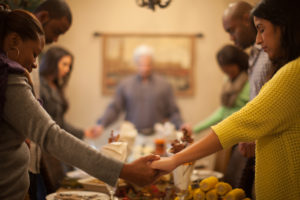Re:Verse passage –Matthew 22:35-39 (day six)
If we are honest, commanding love offends our American sensitivities. You might be able to ask for someone’s love, certainly hope for it, but you never demand it. Truly, who has the right to demand love from someone? God does, according to Moses and Jesus.
God also demands that we fear him, but not the kind of fear “that flees from his presence, but the kind that longs to do his will.” (John Sailhammer). The greatest commandment, the call to love the Lord your God, further defines fear. What God is commanding is an authentic response to his oneness; our total awe and devotion. God can demand our love because He alone is worthy of it, and He alone is our greatest good.
When God demands from us, He never takes, He always fulfills. You are never left with less; you always have more.

 Re:Verse passage –
Re:Verse passage – Re:Verse passage –
Re:Verse passage – Re:Verse passage –
Re:Verse passage – Re:Verse passage –
Re:Verse passage – 